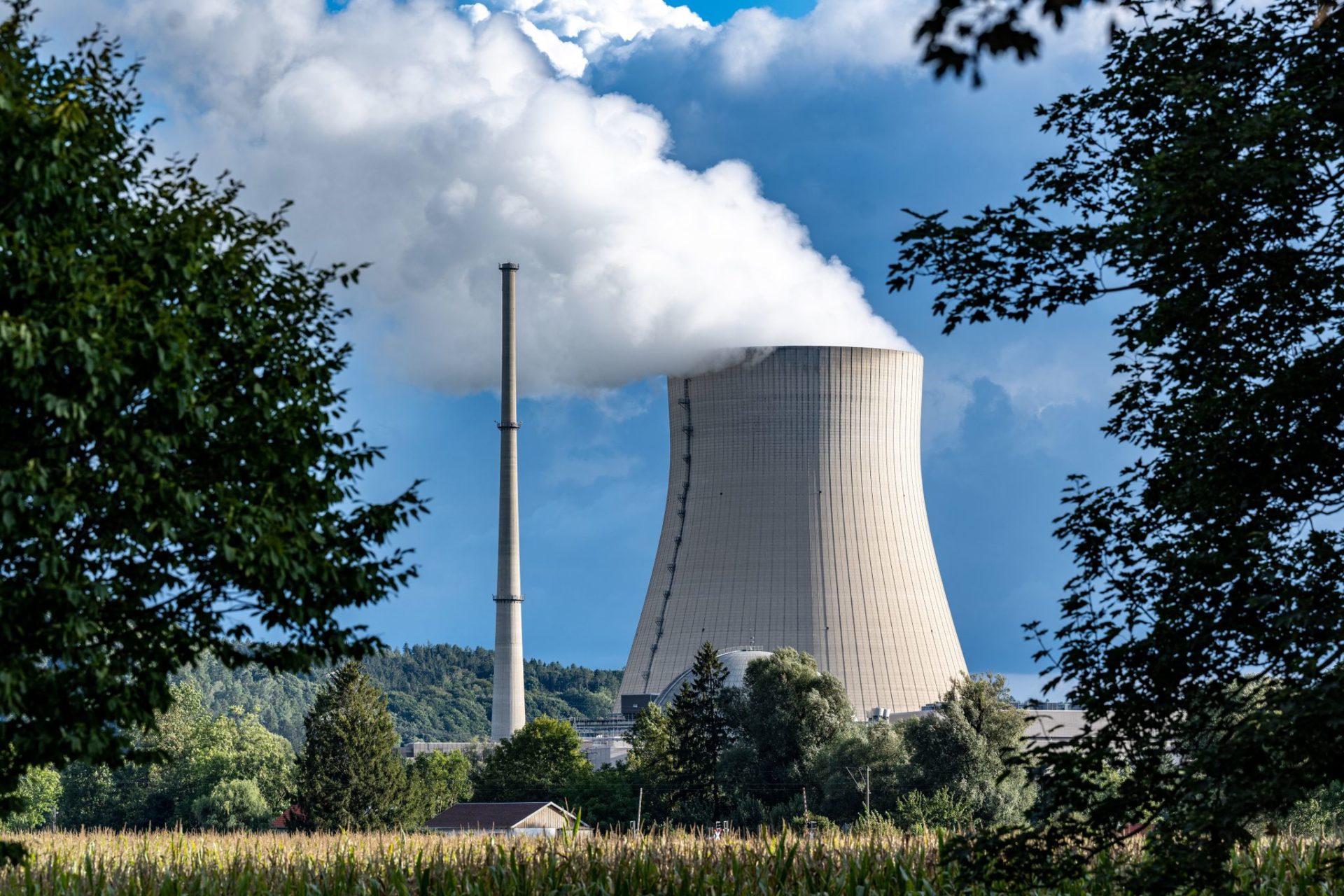Bern (dpa) – After years of tension in the EU over Switzerland’s lack of concessions regarding closer relations, both sides have turned a new page. Swiss Minister of Economic Affairs Guy Parmelin and EU Commissioner for Research Ekaterina Zaharieva signed a program agreement in Bern. This allows Swiss researchers to once again participate in six EU programs as they did before.
This concerns the EU research and development program Horizon Europe, the Euratom program for the civil use of nuclear energy and nuclear research, and the Digital Europe program to promote high-performance computing, cybersecurity, and the use of digital technologies.
Relations were at a low point in 2021
The EU had frozen many cooperations with Switzerland in 2021 after the government in Bern abandoned the development of a framework agreement that had already been negotiated with Brussels for all bilateral contracts. A thaw only came at the end of 2024, after both sides agreed on a new basis for cooperation. Since the beginning of 2025, the Swiss have been able to participate again on a provisional basis, but only now has this been formally sealed, and the EU is once again covering the project costs for the Swiss participants, according to Swiss information. The government in Bern pays a contribution to the EU for this.
The new agreement also paves the way for Switzerland to participate again in three additional EU programs starting January 1, 2026: ITER, the EU program with a thermonuclear experimental reactor, Erasmus+ to promote general and vocational education, youth, and sports, and the EU4Health program, which was launched after the Corona pandemic to strengthen crisis preparedness in such emergencies.
Referendum on future cooperation with the EU
The new basis for cooperation will be decided in Switzerland through a referendum – at the earliest in 2027, but likely not until 2028. Most parties support the package, except for the strongest party, the conservative SVP. (November 10)
 go to the original language article
go to the original language article
